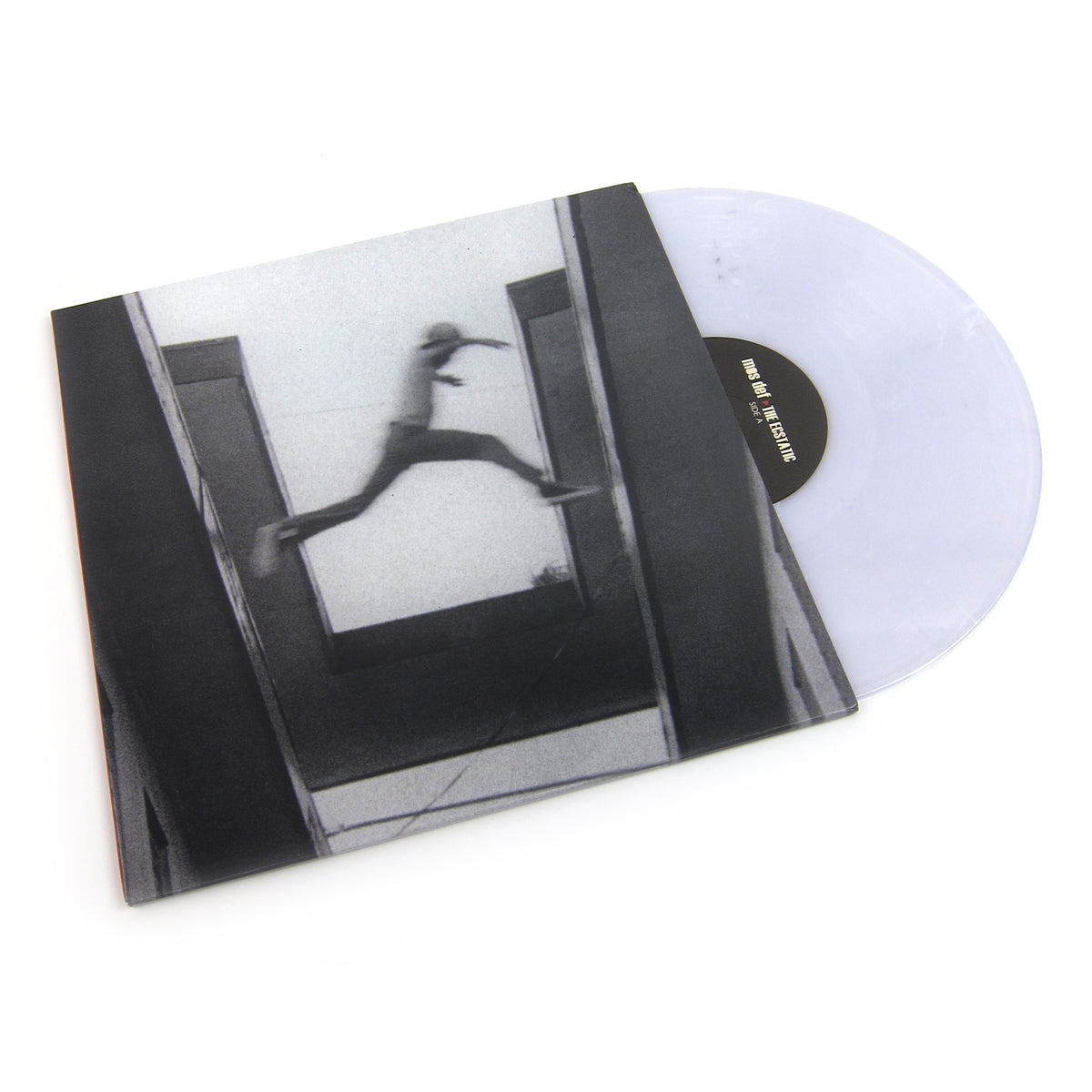
Also noteworthy is the use of a sample from Nigerian Afrobeat artist Fela Kuti. He begins by wondering about the future of hip hop and I really like the way he explains it is closely tied to the future of our civilisation/society and how humans have lost their focus, no matter if they are hip hop artists or regular citizens ("tell em, "You know what's gonna happen with hip-hop? Whatever's happening with us" If we smoked out, hip-hop is gonna be smoked out If we doin' alright, hip-hop is gonna be doin' alright People talk about hip-hop like it's some giant livin' in the hillside Comin' down to visit the townspeople We are hip-hop Me, you, everybody, we are hip-hop So hip-hop is going where we going So the next time you ask yourself where hip-hop is going Ask yourself: where am I going? How am I doing? Till you get a clear idea So if hip-hop is about the people And the hip-hop won't get better until the people get better Then how do people get better? (Hmm) Well, from my understanding people get better When they start to understand that they are valuable And they not valuable because they got a whole lot of money Or 'cause somebody, think they sexy"). It's a case of more speaking than rapping and gives us some of his best -and not only his, to be honest -lyrics. Fear Not of Man is an ideal example of this - and of my two favorite moments of the album.

The production is top notch, his delivery is practically flawless, but the main function both of these aspects serve is that they allow his lyrics to come through, so that the message can reach the audience loud and clear. Anyway, not much needs to be said about the defining attributes of this album. Maybe it has to do with what babyBlueSedan pointed out, that it's hard to include it in a sub-group inside the hip hop umbrella, maybe it has to do with the course of his career further down the road and his acting shenanigans, or maybe his music is just "too black" to be universally acclaimed. and sadly my suspicion was confirmed for the most part. I was browsing through various relevant online articles/lists etc.

Mos Def - Black on Both Sides is an album I' ve always had the impression that it has achieved an "almost classic" status, which is a shame, as I don't think there is anything that separates it from the widely accepted classics. The standard deviation for this album is 17.2. This album has a Bayesian average rating of 80.1/100, a mean average of 78.5/100, and a trimmed mean (excluding outliers) of 80.4/100. This album is rated in the top 2% of all albums on. (*In practice, some albums can have several thousand ratings) The second average might be more trusted because there is more consensus around a particular rating (a lower deviation). However, ratings of 55, 50 & 45 could also result in the same average. Consider a simplified example* of an item receiving ratings of 100, 50, & 0. A high standard deviation can be legitimate, but can sometimes indicate 'gaming' is occurring. This figure is provided as the trimmed mean. Rating metrics: Outliers can be removed when calculating a mean average to dampen the effects of ratings outside the normal distribution. You can include this album in your own chart from the My Charts page! Black On Both Sides collection Total Charts: The total number of charts that this album has appeared in.
/https://static.texastribune.org/media/images/2014/07/04/July4Playlist.jpg)
Latest 20 charts that this album appears in: Sort ranksįavorite Hip Hop albums alphabetical by artist


 0 kommentar(er)
0 kommentar(er)
